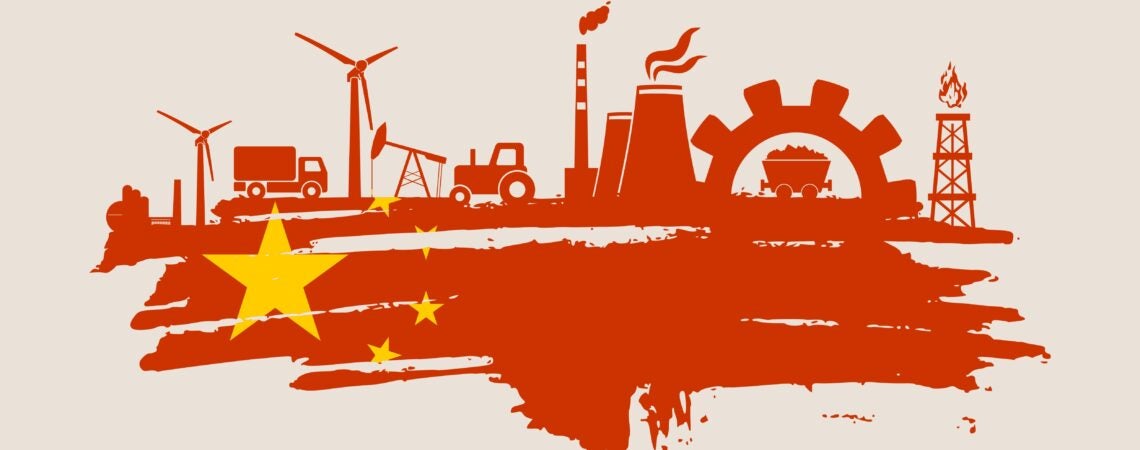China’s trade policies have come under intense scrutiny amid the ongoing US-China trade war. Yet with attention focused on trade conflict between the United States and China, the wider effects of China’s trade policies are being largely ignored.
The debate about China’s trading practices has been driven primarily by the United States and other advanced economies such as the EU and Japan. These countries have complained that China is using state subsidies and other unfair trading practices to give its firms and industries an edge in global markets and tilt the playing field in its favor. From steel to semiconductors, attention has overwhelmingly focused on the policies that China is using to promote the expansion of its manufacturing and high-tech industries including heavy subsidies, forced technology transfer, and intellectual property violations. In these sectors, China’s policies pose a serious competitive threat to the US and other advanced-industrialized states.
What has been widely overlooked, however, is that China is also making use of highly trade-distorting policies in other sectors that are of significant concern to developing countries. While China is primarily seen as a manufacturing powerhouse, it has also emerged as a major power in global agriculture markets and the world’s dominant fishing power. What is more, over the last decade, China has become the world’s largest subsidizer of both agriculture and fisheries. Given China’s aggregate economic might and newfound centrality in both global agriculture and fisheries, the effects of its trade policies are felt worldwide. Likewise, since many developing countries depend heavily on these sectors for exports, incomes, and food security, China’s policies have profound implications for the developing world.
President Xi Jinping has sought to portray China as a champion of global development, pursuing a “win-win” form of economic globalization that benefits all countries. In reality, however, China’s protectionist trade policies are exacerbating hardship in some of the world’s poorest countries. At the same time, Beijing has persistently undermined efforts to establish new global trade rules on agriculture and fisheries at the World Trade Organization (WTO), rules that are of crucial importance to much of the developing world.
Hopewell_45-1_TWQTo read the full article by The Washington Quarterly, please click here.

